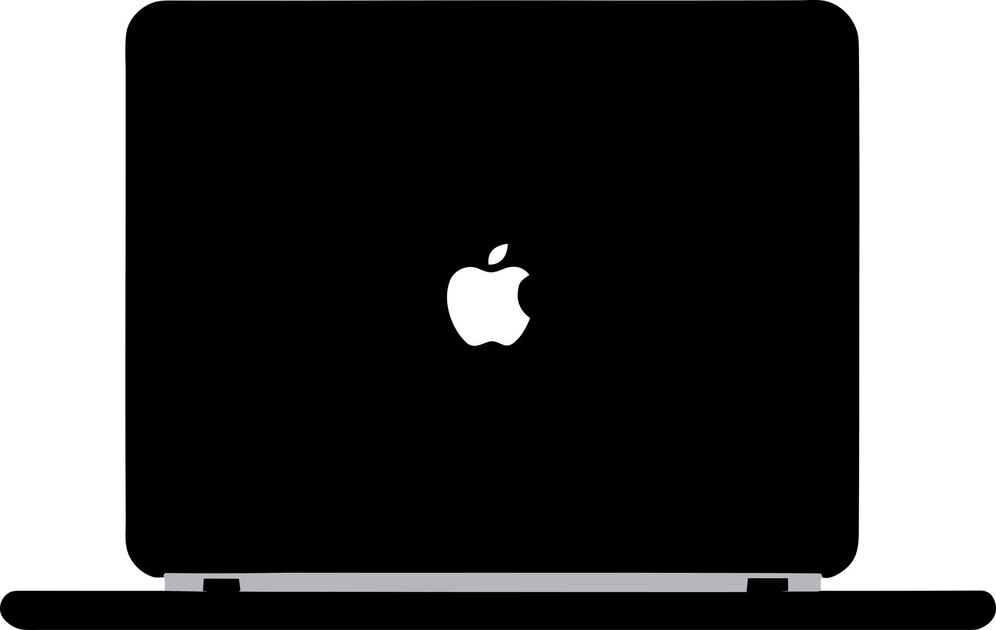
Apple puts out an incredibly popular and successful line of computers known as Macs. Whether you are using the traditional Mac, a MacBook laptop, or one of the wide array of options available, common issues will pop up from time to time.
Having a few helpful hints can go a long way. So, here are a few common Mac issues that can be quickly remedied by using these simple solutions.
Mac Won’t Turn On
There are a ton of simple how-to guides out there, like how to download GoPro videos to a Mac, how to update your operating system, and a litany of other issues. A common issue is when your Mac fails to start up. It can be a scary situation but one that you can fix in no time.
The first thing to do is to check your power cord. It is all too simple for the cord to get damaged, which can keep your computer from turning on. You can also go into the System Management Controller, which controls peripheral devices as well as power management. Restart the computer and press Shift + Control + Option. A few seconds later, press the Power button and hold all four buttons for 10 seconds. Let go and turn your Mac on.
Black Screen
Getting a black screen is never a good thing. It can come in several ways, whether it be bad software or another problem. When that happens, you won’t be able to even get your system turned on let alone log in. There are two ways to approach the situation.
The first is to press the power button. If it doesn’t work, hold S + Power for 10 seconds to make it sleep. Give it 15 seconds and try to boot up again. If you can boot the system up, do so in safe mode. Hold the Shift key as it powers up and the system will automatically boot in safe mode. Go into the settings and check to see if any software issues can be corrected.
Freezes At The Apple Logo
You fire up your Mac and think everything is normal when the boot process stops on the Apple logo. The booting cycle has been corrupted and there needs to be a solution. Thankfully, there are two paths to take to get through this issue.
The first is to do a hard restart. Just press and hold the power button until you hear the Mac shut down. Give it a minute or two then press the power button to boot it up again. You can also perform an internet recovery. Boot in recovery mode by holding Command + R or Command + Option + R while booting. The Utility window will open, and you can click “Get Help Online” to follow the simple click-through process.
Full Startup Disk
The startup disk is where MacOS files and firmware are stored. That said, make sure that you aren’t utilizing more than 80% of that disk space or it can wind up dragging your system down. Thankfully, there are several solutions to choose from, including the simplest of deleting old and unused files.
On a similar note, you can also uninstall any apps that you haven’t used in a long time. Finally, you can wipe the entire partition/disk. Formatting it is a quick step and will help to free up a lot of space. Go to Applications, then Disk Utility, and select the disk. Click “erase” on the right and confirm that you want to format the disk. It is as simple as that.
Read more…

















